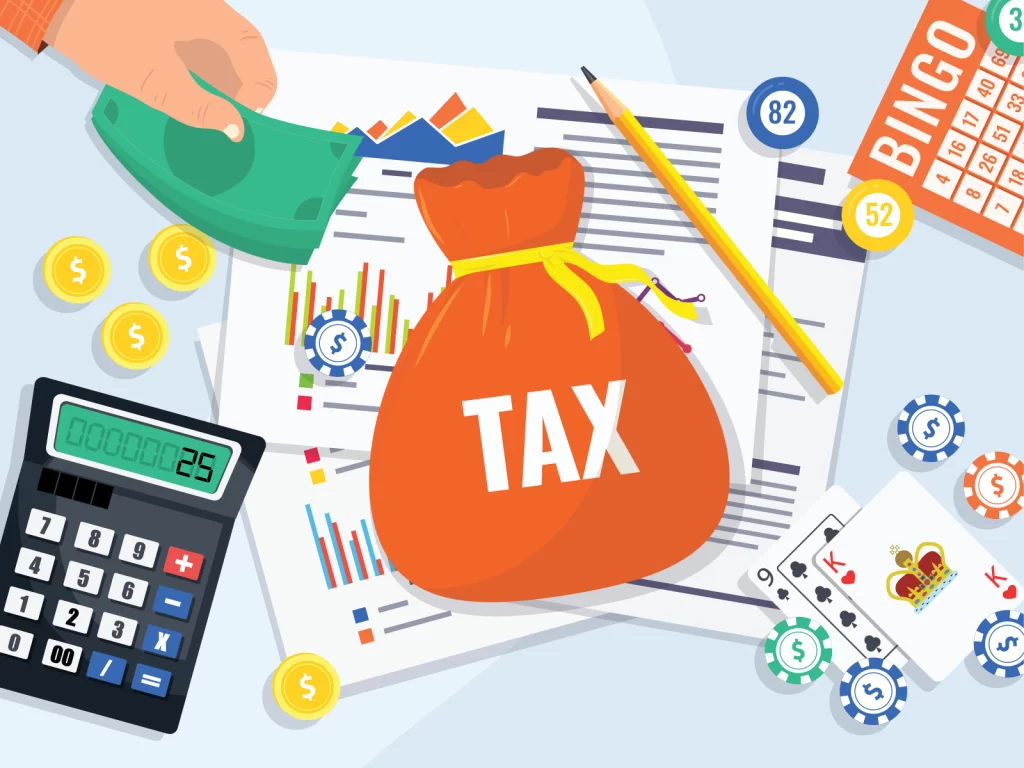
You may be wondering, are gambling winnings taxable? The answer depends on your individual circumstances and the state in which you live. While gambling is legal in the U.S., your winnings must be reported to the Internal Revenue Service. In addition to reporting your winnings, you can also deduct your losses from gambling up to your gambling income. Keeping proper records and keeping track of your gambling losses can help you save money on taxes.
The federal government considers professional gamblers to be self-employed individuals. If you win $5,000 or more, federal and state taxes will automatically be withheld from your winnings. In New York City, local taxes are automatically withheld as well. However, the rate for your state is usually higher. For this reason, it’s recommended to seek advice from a professional accountant or tax expert. The amount of your winnings depends on where you live, but it’s important to understand the tax consequences for your own situation.
All gambling winnings are taxable in the United States. However, if you’re an itemizing taxpayer, you can deduct your losses from your winnings. As long as you can prove you’ve used all of your funds to play the games and are not owed a dime in expenses, your gambling winnings can be tax-deductible. However, if you win more than you’re spending, you should report them separately to avoid paying too much in taxes.
As far as the tax implications, it’s important to remember that gambling winnings are income if you’re eligible to receive a prize. However, this prize may become an albatross around your neck quickly. In these cases, accepting cash instead of the prize could be the best option. However, if you’re not able to accept the cash payout, you may decide to walk away from your prize.
If you win and receive a W-2G form, you’ll have to report your gambling winnings on your tax return. In the United States, your gambling winnings are taxable as income – depending on how much you win. You can claim your winnings on your return by supplying your taxpayer identification number. If you’re a non-resident, the casinos may also withhold up to 30% of your winnings as tax.
While winning money in the casino is thrilling and exciting, it comes with a big price tag: taxes. If you’re not careful, you could wind up owing a lot of money to the IRS. If you aren’t careful, your winnings could land you in a hot water hole with the IRS. If you’ve won more than $600, your winnings are considered taxable. If you win more than $1200 from gambling, your winnings are also taxable.
If you’re a professional gambler in the US, you must report gambling winnings separately from other income. Whether you win or lose, you need to treat your gambling as a business. It’s best to keep your gambling winnings separate from your other income, even if they are small. The IRS also expects you to keep accurate records of your wagers and losses. You can also use the “gambling” or “casino” label for your gambling winnings. However, if you’re a professional gambler, you may need professional help in filing your taxes.








